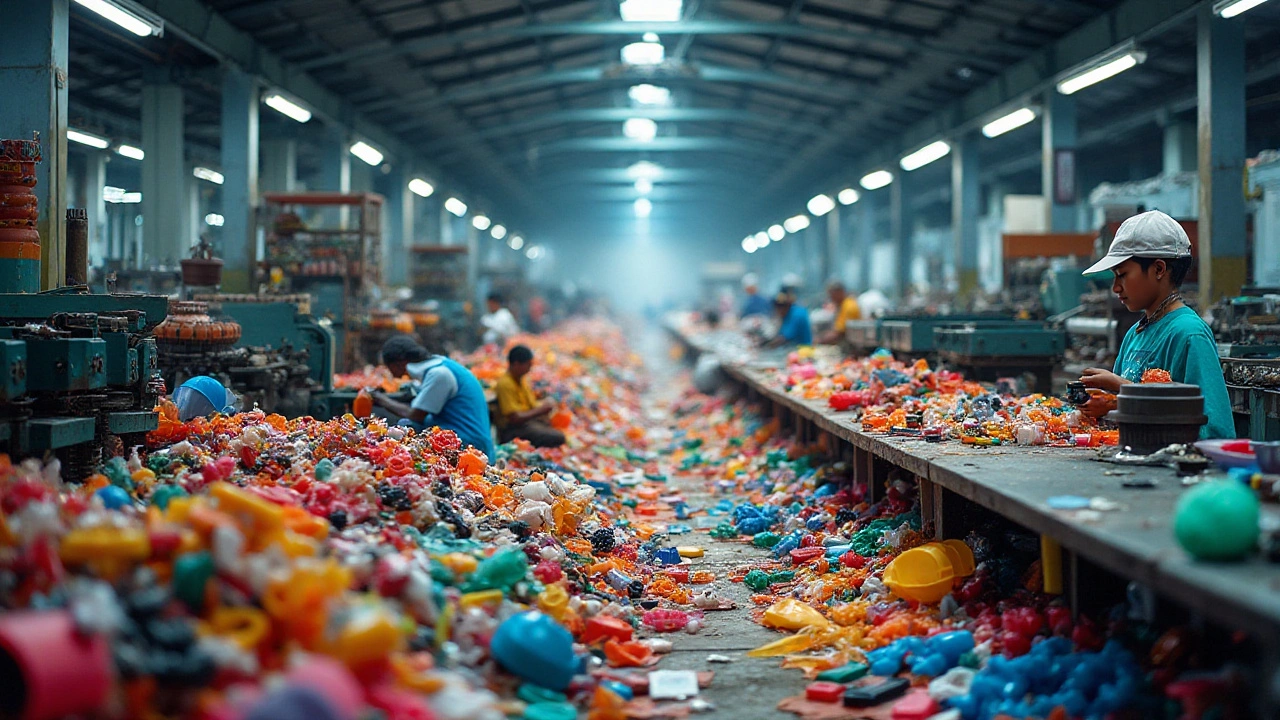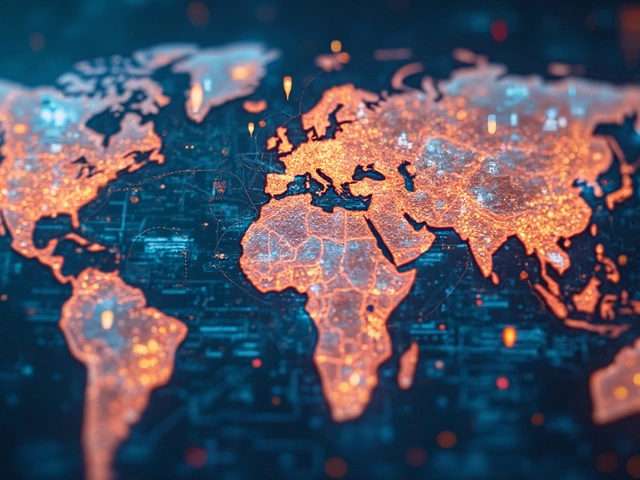How Tissue Production Affects the Planet and What We’re Doing About It
When you reach for a roll of tissue, it’s easy to forget the journey that soft sheet took to get into your bathroom. The process uses trees, water, energy, and chemicals – all of which can leave a mark on the environment. At Innovative Tissues India we keep a close eye on those marks and work hard to make them as small as possible.
Where the Impact Starts: Raw Materials and Forests
Most tissues are made from virgin wood pulp. Cutting down trees releases carbon and reduces biodiversity. That’s why we source pulp from responsibly managed plantations that follow the Forest Stewardship Council (FSC) guidelines. FSC forests are replanted quickly, so the carbon balance stays healthier and wildlife gets a chance to thrive.
We also blend a portion of recycled fibers into every batch. Recycling paper saves up to 70% of the water and energy needed for virgin pulp. The more recycled content you see on the label, the less pressure we put on forests.
Manufacturing: Water, Energy, and Chemicals
Running a tissue mill uses a lot of water – often hundreds of liters per kilogram of product. Our plants recycle up to 85% of that water through closed‑loop systems. The water that does leave the plant is treated to remove fibers and chemicals, so it meets local discharge standards before rejoining rivers.
Energy is another big player. We’ve installed high‑efficiency boilers and switched a chunk of our power load to solar panels on the factory roof. That cuts carbon emissions by roughly 30% compared with older mills.
Traditional bleaching uses chlorine, which can produce harmful dioxins. We’ve moved to totally chlorine‑free (TCF) bleaching. The result is a brighter, safer tissue without the nasty by‑products that can harm aquatic life.
All these steps add up. According to a recent life‑cycle analysis, our new production line reduces the overall carbon footprint of a standard roll by about 25% compared to a typical industry baseline.
What You Can Do at Home
Choosing greener tissues is the easiest way to help. Look for labels that mention FSC, recycled content, or TCF bleaching. Buying in bulk also means fewer packaging trips and less plastic waste.
Don’t over‑use – a single sheet is usually enough for most tasks. If you’re into DIY, you can even repurpose used rolls for cleaning rags or pet bedding. Small habits add up to big results.
At Innovative Tissues India we’re proud of the progress we’ve made, but we know there’s more to do. From investing in newer, low‑energy machinery to exploring biodegradable packaging, our roadmap is all about continuous improvement.
So the next time you grab a roll, remember it’s not just a soft sheet; it’s a piece of a larger effort to keep our planet healthy. Choose wisely, use responsibly, and you’ll be part of the solution without even thinking about it.
Exploring Plastic Production: Key Industries Shaping Our Future
Plastics have become a cornerstone in manufacturing, permeating nearly all facets of modern life. This article dives into the industries leading in plastic production, from packaging to consumer goods. It discusses the environmental impacts of these industries and highlights innovative solutions being developed to tackle the plastic challenge. With insights into current trends, the piece provides readers with a comprehensive view of how the plastic industry is shaping our world today.
View More




